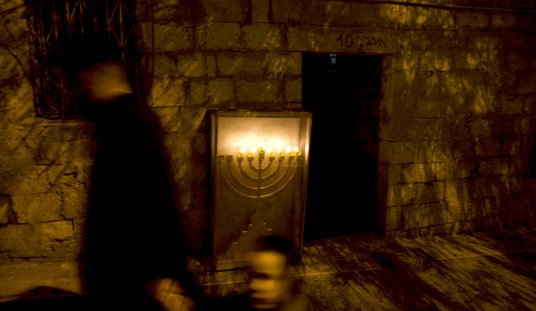Here is a piece I wrote for the semi-monthly magazine The American Interest. It was finished and edited before Egypt’s ongoing election began and adjusted slightly for the online version after the results of the first round came in.
–
Now that former Egyptian President Hosni Mubarak is standing trial and the ruling military junta has promised free and fair presidential elections after an interim phase, the long-repressed Muslim Brotherhood thinks its moment may have arrived. It has been the most popular and best-organized opposition group in Egypt for decades, so it seems to follow that it should win more votes than anyone else even if it doesn’t win an outright majority.
Yet the Brothers didn’t make “the revolution”, as people both inside Egypt and beyond like to call what happened in Cairo this past winter. No one movement did. And now that the Islamists are no longer locked in a dialectical struggle with a one-man regime (Mubarak’s National Democratic Party no longer even exists), they are beginning to crack into factions. The political geometry of that cracking process is very interesting, possibly quite consequential, and altogether surprising to most non-native observers.
During Mubarak’s era, the Brotherhood was the only credible opposition group, since all other alternatives were successfully repressed. It was not only by far the best organized, it was the only opposition that had much of an organization to speak of. A few token liberal parties existed on the margins, but they were no more viable than the Green or Libertarian parties in the United States. Had they shown signs of being more than that, the government would have put a stop to them one way or another. Egypt effectively had two parties, even though one was nominally banned and suppressed; now it has upwards of forty. Dozens have mushroomed since Mubarak’s removal from the palace in February, and some seemed primed to do well in the November 28 election for a new parliament. The new parties span the ideological spectrum, with socialist and labor parties on the Left, the Free Egypt Party on the free-market Right, and the Justice Party in the center. The Muslim Brotherhood, on Egypt’s religious right, is now but a single choice among many.
Mohammad Adel is a former Brotherhood member who worked for years as a writer for the organization’s website. He recently quit and threw in with the April 6 labor movement instead. His former Islamist comrades, he says a bit optimistically in a tent erected in downtown Cairo’s Tahrir Square, “aren’t going to do well in the upcoming elections. Most of the votes they received in past elections were protest votes against Mubarak’s National Democratic Party (NDP) rather than votes for the Muslim Brotherhood. Now that the NDP has been dissolved, they don’t have that base to fall back on.”
What he didn’t see coming—what hardly anybody saw coming—was that the even more extreme totalitarian Salafist movement, which springs from al-Qaeda, would siphon off more of the Brotherhood’s votes than the liberal parties. While the Brothers won only 40 percent in the first round of voting, a smaller percentage than in more liberal Tunisia, the Salafists picked up a chilling 25 percent of the vote.









Join the conversation as a VIP Member